Investing Insights
Mayank is a co-founder at FinEdge and his experience of more than 20 years in the banking and financial services industry has been instrumental towards building the FinEdge platform.
He has held key positions across the Retail and Wholesale Banking verticals at Standard Chartered Bank, driving growth in segments managed by him.
Mayank is a post graduate in Marketing and Finance and has completed his Bachelor’s degree from Delhi University.
He has a keen interest in technology and likes to keep himself updated with the latest in the tech world.
What is Rupee Cost Averaging? (With Example)
Rupee cost averaging turns market volatility into your ally. By investing a fixed amount regularly through SIPs, you reduce timing risks, lower average costs, and build long-term wealth with discipline and consistency.
How to Invest a Lump Sum Amount Smartly: A Goal-Based STP Approach
A sudden lump sum can feel overwhelming; STPs help you invest it smartly, reduce risk, and align it with your goals.
What is the Ideal Asset Allocation by Age?
Your investment needs change as you grow; here’s how to align your portfolio with your age, risk profile, and life goals.
What Is Diversification in Investing and Why Does It Matter?
Investing is not just about choosing the best-performing asset, it's about managing risk while aiming for growth. This is where diversification in investing comes into play. By spreading your investments smartly, you protect your portfolio from the ups and downs of any single asset or sector. But like most things in finance, diversification works best when done with intention, not excess.
Why Past Performance Shouldn’t Guide Your Investments in 2025
One of the most persistent investment myths in India is that past performance equals future success. It’s tempting to Google “top performing mutual funds” and assume that the highest return-generating scheme is the right choice. But this mindset can backfire. In fact, relying on past performance investing as your main strategy is one of the biggest mutual fund selection mistakes you can make, especially in 2025’s dynamic and unpredictable markets. Let’s explore why this approach is flawed, and how a more purposeful method can safeguard your financial future.
How to Manage Investment Risk Efficiently
“The biggest risk is not taking any risk” is a famous quote by Mark Zuckerberg. The same applies to the investing world also. Some investors play safe and invest all their savings in low-risk options like bank fixed deposits, Government securities, etc. But, after factoring in taxation, the returns may not even be able to beat inflation. So, you run the risk of negative returns. Hence, it is recommended that you take risk by investing in equity mutual funds and mitigate/manage the risks using various risk management strategies. In this article, we will understand how to manage investment risk in mutual funds using various strategies.
Income Tax Changes in Budget 2025 & RBI's Rate Cut: A Boost for Growth & Investments
Lower taxes, cheaper loans, and a push for private sector growth—how the latest Union Budget and RBI’s rate cut are shaping India’s economic future.
Top Wealth Management Strategies for Long-Term Success
The goal-planning process, like a retirement fund, has two important aspects: Wealth creation and wealth management. During your working years, you create wealth by building a retirement fund. During the retirement years, you manage the wealth created so that it sustains you during the retirement years. In this article, we will understand what wealth management is, how it differs from wealth creation, and the best wealth management strategies.
A Guide to Understanding Tax Saving in Mutual Fund Investments
Some individuals invest in financial products only with the aim of saving taxes. They start looking for tax-saving investment products in the last quarter of the financial year. In the last quarter, their HR or Finance Team starts asking them for investment proof(s) to avoid a TDS deduction from salary. It is not the best way to invest. The appropriate approach is to do goal-planning and, within that look for tax-efficient financial products. In this article, we will understand what are tax-saving mutual funds and how to maximise tax savings with them.
How to Invest in Mutual Funds: Tips for Building a Balanced Portfolio
Mutual funds are one of the most versatile financial products to help you achieve your financial goals. They can help you diversify across various asset classes, such as domestic and international equities, fixed income, gold, etc. Some of them, like hybrid and multi-asset funds can help to build a diversified portfolio by investing in multiple asset classes through a single scheme. They allow you to make lumpsum and regular investments through SIP. Thus, mutual funds can cater to different investors with different schemes based on their requirements. In this article, we will understand how to invest in mutual funds and how to build a balanced portfolio through them.
ETF vs Actively Managed Mutual Funds: Key Differences Every Investor Should Know
When investing in mutual funds, investors can choose from schemes that can give market returns (benchmark index) or have the potential to outperform the market. Passive schemes, including index funds and exchange-traded funds (ETFs), provide returns that mirror the benchmark. Active schemes have the potential to outperform the benchmark. Many investors wonder whether to choose ETF or mutual fund. In this article, we will understand what are mutual funds and ETFs, their differences, and which is better: ETF or mutual fund.
Sectoral/Thematic Funds Have Seen Inflows of Rs. 55,000 Crores in the Last 6 Months: Should You Invest?
As of July 2024, sectoral and thematic mutual funds have seen more than Rs. 55,000 crore inflows in the last six months. The AMCs are on a NFO launching spree and mutual fund investors are lapping these funds. So, what are these sectoral/thematic funds, why are investors pouring so much money into these, and should you invest? Let us discuss.
Latest Posts
Should You Continue Investing in ELSS and PPF in the New Tax Regime?
Mar 02, 2026
Does High Income Make You Wealthy?
Feb 27, 2026
Retirement Planning in India: A Practical Framework for Long-Term Security
Feb 25, 2026
When Is the Right Time to Start Investing for Your Goals?
Feb 23, 2026
How to Adjust Your Investments After a Salary Raise
Feb 20, 2026
The Importance of your Child’s Education Goal
Feb 28, 2024
Why Retirement Planning is Important
Nov 08, 2023
Oct 31, 2023
Investing Behaviour and the investing roller coaster
Oct 12, 2023
.png)


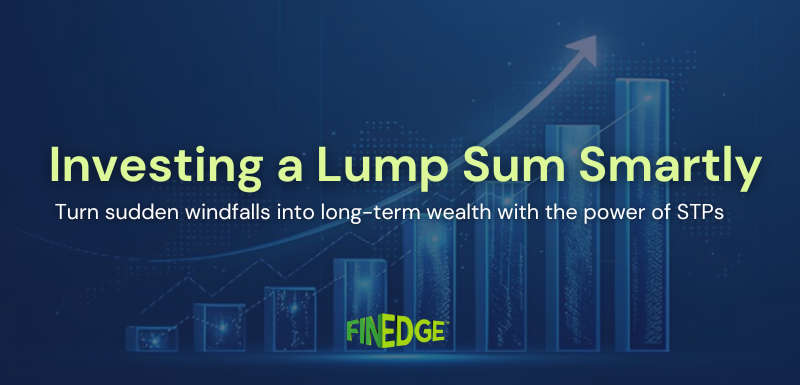
_(47).jpg)
.jpg)
.jpg)
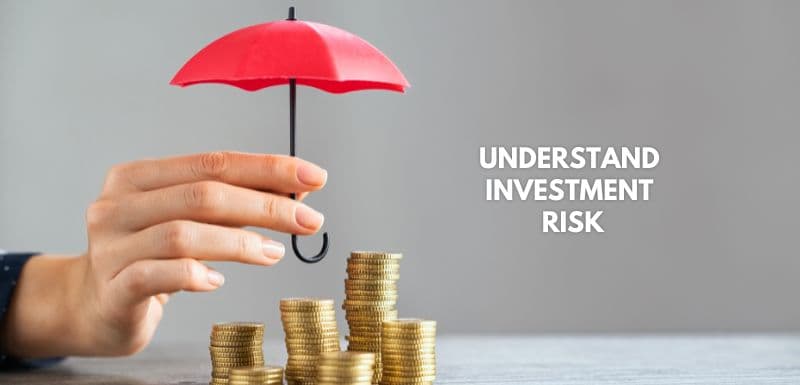

.jpg)
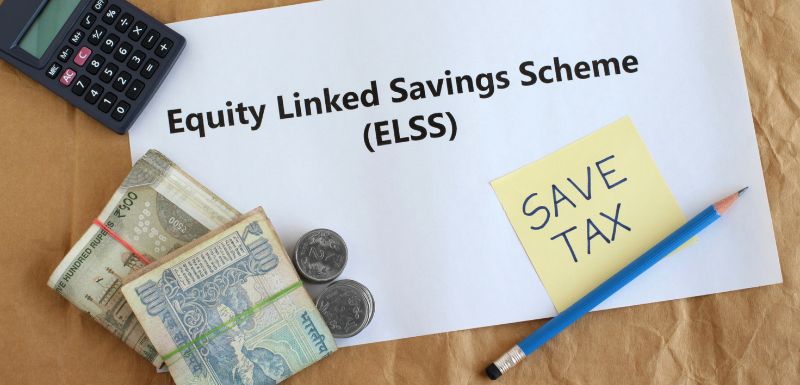
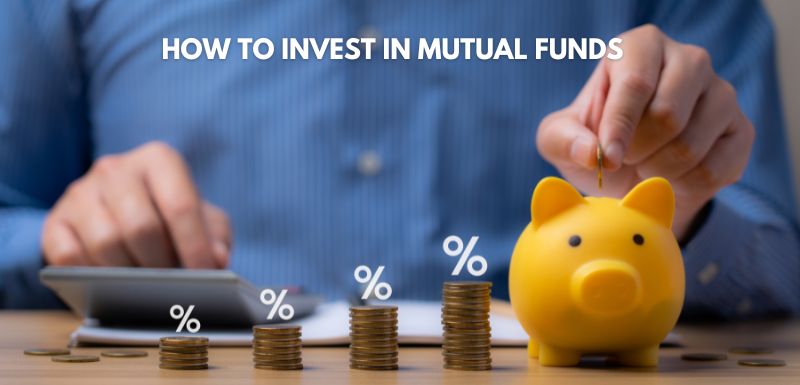
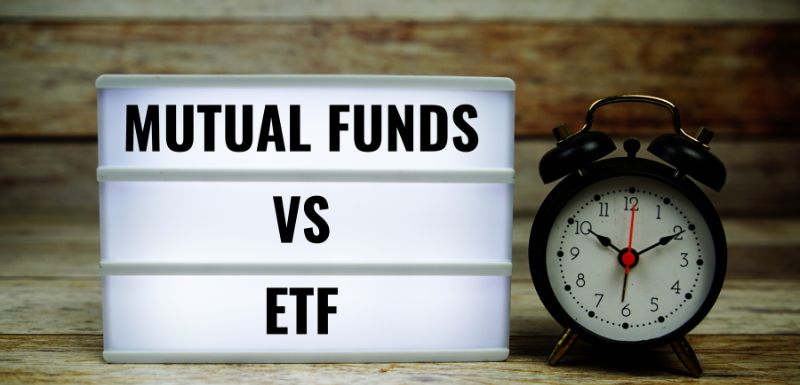
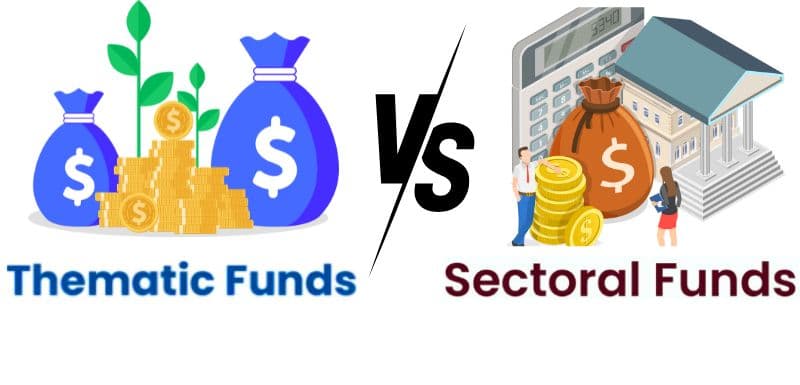



.jpg)
